
In this article, I will analyze two news related to the event of Perdue Foods recalls contaminated nuggets from two online news services, Buzzfeed and Cable News Network, short as CNN. The first news from Buzzfeed is called Perdue Recalls 68,000 Pounds of Gluten-Free Chicken Nuggets After People Found Wood In Them, the second one from CNN is called Perdue recalls chicken nuggets after people find wood in them.
The Buzzfeed News
Publishing Context
Founded in 2006, Buzzfeed, as “one of the biggest websites in the world”, has grown from a multimedia centre called Eyebeam located in Manhattan to a global digital media company that headquartered in New York (Lagorio-Chafkin,2014).
According to Alexa, Buzzfeed is the 95th most popular website in the United States and the 285th most popular site on the internet over the world. Basically, the site is known for easy-to-digest “clickbait” style (Brantner.2016). It produces popular online content everyday using its Buzzfeed stlye with unique heading style and article structures (Brantner.2016). It has developed significantly and became a massive digital empire.
User Group
According to DMR, a statistic collecting website, Buzzfeed has over 200 million visitors per month worldwide and 163 million readers from US, which is almost 60% of all the readers. Buzzfeed has 70% of traffic from mobile and 42% of traffic from social media. Besides, in the last 6 months, over 62% social media traffic is from Facebook and 15% is from Twitter, which means that Buzzfeed is highly relying on interactive behaviour of its users to stimulate traffic.
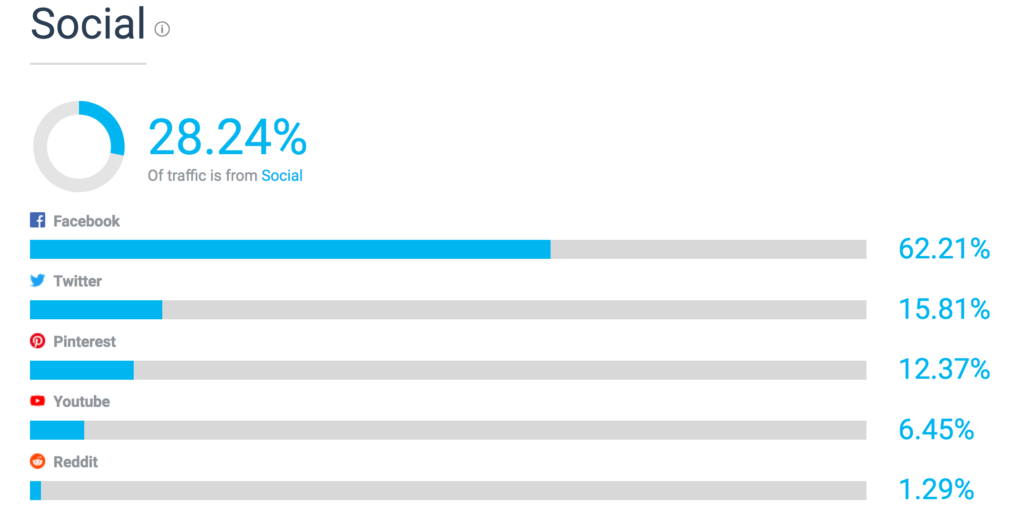
Content and Writing Analysis
Buzzfeed has delivered a well-managed news with abundant information, interesting text and images. The paragraphs are brief and the text is easy to read. It clearly provides data and evidences to back up the story, and relaxing content to stimulate the engagement of audiences.
The news was delivered timely at the day after the event happened, with the number of 68000 in the first three words of the headline, which is in conformity with the principle of SEO that could get more traffic to the site (Bradshaw, 2013).

Although the first paragraph doesn’t point out the event, it provides other news related to several food contamination events with working links, which opens in new tabs. This immediately attracts the attention of readers. Meanwhile, the second paragraph gives the core information about the event to improve the scannability.
The news is easy to navigate with thoughtful information that readers might be interested that was involved in the event, including what readers can do to reduce the damage. It adds links of resources and also provides accurate numbers of date and code as “68244 pounds”, which increases the credibility of the story. However, there is a missing mark of “PDF” for another link, the mark should be labelled next to the “product in question”.

The pictures that was inserted in the news are functional, however, the content of the first one has little relevance to the news and It might be the first thing that readers would notice.
Structure and Online Delivery Analysis
The news was separated by two images and a video from Twitter, in order to improve the scannability, however, there are no subheadings between paragraphs, which makes it hard for readers to directly find what they need, especially when there are other personal opinions sandwiched between factual information.
As for interactivity, the author’s email and other information are located both at the beginning and the end of the story, it’s easy to click the name and browse other stories delivered by the author. There are 6 quick sharing buttons, including 2 quick link copy options, one of which is beneath the introduction of the author, and the other is at the top of the screen, when you are browsing through the news. These sharing buttons that are always on your screen stimulate the engagement of users.

In addition, the author added jokes and personal attitudes about the news in the third and the last paragraph. For instance:

The funny text didn’t weaken the objectivity and the quality of the story, on the contrary, it enhances the adaptability of the news to match the style of the platform and improves the interactivity of users, considering one of the potential psychological motivations for interaction online is entertainment (Ksiazek et al. 2016). And the comments below show that readers are willing to participate in the news because of these jokes.

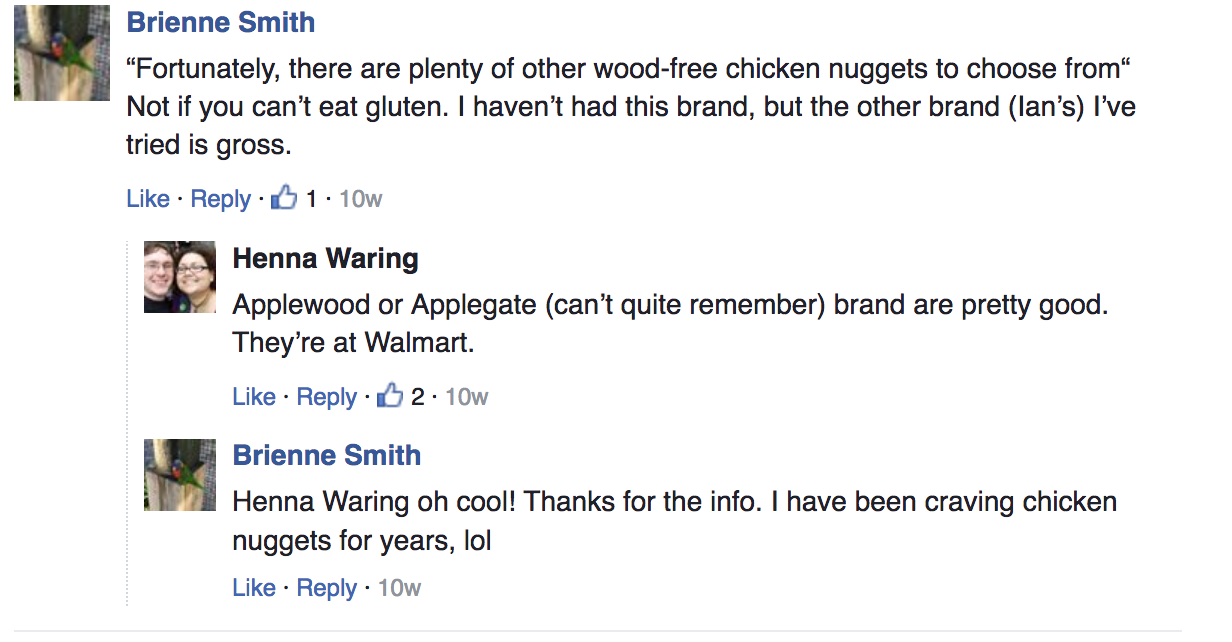
Besides, the video, which is placed in the Twitter interface is able to be played on the news page, and users can be sent to this Twitter pages by simply click on it.
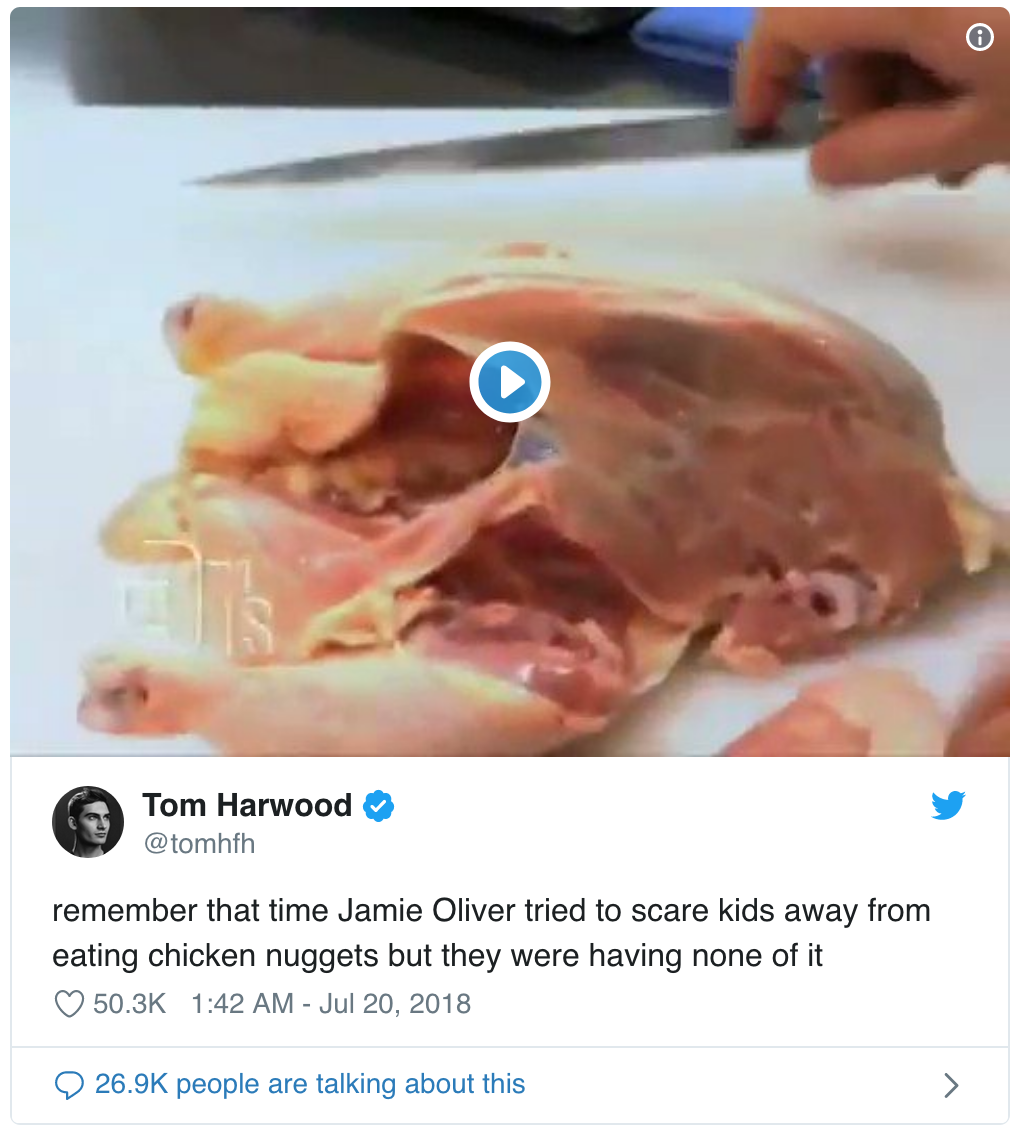
if users are interested in related news, there are 4 options under the news with a tag “health”.
The integration of multimedia of Buzzfeed is impressive, and the incentive mechanism of interactivity is effective as well.
CNN News
Publishing Context
Cable News Network was founded in 1980 by Ted Turner, it started as the world first 24-hour television news channel in the world (Hashmi et al.2012). The headquarters of CNN are located globally, including Atlanta, Georgia and Tokyo.
On August 30, 1995, CNN decided to set their first website CNN.com, which soon became one of the most influential news website on the internet (About Us, CNN.COM). It has grown into digital platforms such as mobile, apps and social media. Now, the CNN digital updates news 24 hours, seven days a week for audiences all over the world(CNN.com celebrates 20 years,2015)
User Group
CNN is ranked 101th globally and 24th in US on the statistic collecting website Alexa. According to SimilarWeb, in the last 8 months, CNN has over 461 million visitors. Moreover, according to Alexa, 67% of its visitors come from the US, and 29% of its users are using google before sent to CNN.
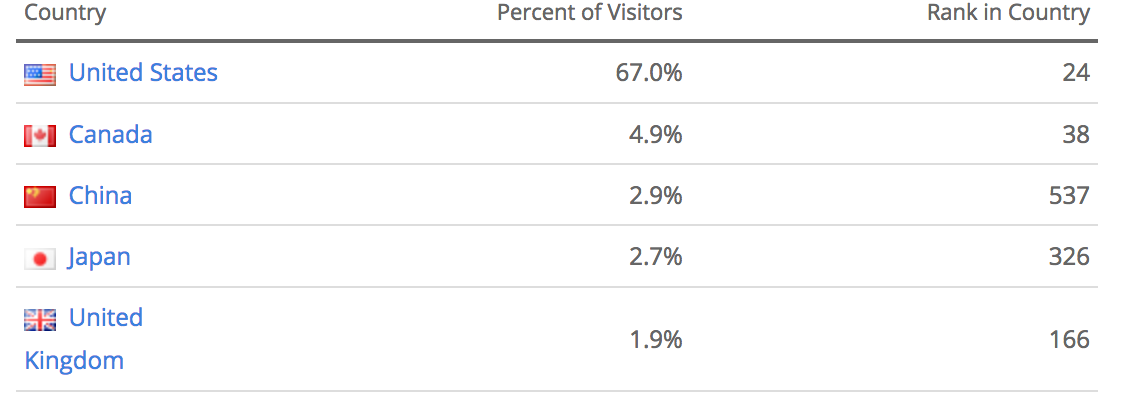
Content and Writing Analysis
The content of the CNN news about the nuggets recall is clear and serious. Compare to the title of this event on Buzzfeed, the CNN news hasn’t put any numbers in the title and there is no detailed description of these contaminated nuggets, such as gluten-free or the name of the brand: Predue. This might lose readers from searching engines.

There is a video from CNN in the front of the news, which is a good integration of multimedia, however, the content of the video is irrelevant to the event of nuggets recall, it is a report about common knowledge of food recall. Moreover, the video plays automatically when users open the website, which may lead to some inconveniences. Besides, the news was delivered in the morning, according to Bradshaw(2013), videos are much welcomed in the evening. So, the video might not be an effective choice.
The news starts the first paragraph with a clear summary of the event, it provides accurate numbers and date of the nuggets recall, and claims that data comes from the US Department of Agriculture’s Food Safety and Inspection Service. However, there is no link to the source.

The news also gives the produce date and UPC Bar Code of the contaminated nuggets in the second paragraph, which comes from a PDF file provided by FSIS. The author didn’t cite the PDF in the news. Technically, it’s not wrong, but it reduces the credibility of the news and weakens the scannability as well, because it might misguide some readers.
The CNN news uses the same image of a bag of contaminated nuggets as the Buzzfeed news, which is accessible on the FSIS website, but the quality of the image on the CNN news is so poor that the information on it is almost unreadable. This is due to the layout of the news——half of the page is text and the other half is fulfilled with images that have to be reduced.

Structure and Online Delivery Analysis
There are no email or other contact information of the author on the page, readers are able to click on the name of the author, which is the same as Buzzfeed. However, it will open the page of the author under the previous tab. The users don’t seem to be encouraged to interact with the author in the news page, but there are three share buttons on the left of the screen, which allows users to share the news with one click.
The scannability of the news is not as good as the Buzzfeed news, despite that they both have no subheadings, the text of the CNN news is not deliberately broken up by pictures or videos. The author has quoted the statement from FSIS, it might be better if the author use blockquote in this paragraph, which would separate the text of the news and also increase the scannability of the story.
At the end of the news, there are several recommended news, but they have little relevance to the topic of nuggets recall or even “health”, which is the Buzzfeed news’ tag.
Conclusion
In conclusion, Buzzfeed and CNN have delivered two qualified news, however, Buzzfeed did a better job at integrating multimedia and attracting the attention of its audience by analysing their preferences and interactive behaviour.
Word Count:1508
References
Ksiazek, T. B., Peer, L., & Lessard, K. (2016). User engagement with online news: Conceptualizing interactivity and exploring the relationship between online news videos and user comments. New media & society, 18(3), 502-520.
Bradshaw, P. (2018). Writing for the Web. In The Online Journalism Handbook: Skills to survive and thrive in the digital age (pp. 72–98). Routledge.
Brantner, E.(2016). The Science Behind Buzzfeed’s Viral Content. Retrieved from https://www.socialmediatoday.com/marketing/science-behind-buzzfeeds-viral-content
Lagorio-Chafkin,C,(2014).The Humble Origins of Buzzfeed. Retrieved from
https://www.inc.com/christine-lagorio/humble-origins-of-buzzfeed.html
CNN.com celebrates 20 years,(2015). Retrieved from
https://edition.cnn.com/interactive/2015/08/specials/cnn-digital-20/
Hashmi,A. Humphries,S. LaForge,M. Song,J.(2012) Audience Report on CNN. Retrieved from
http://web.media.mit.edu/~a_hashmi/portfolio/audience_report_cnn_ali_hashmi_medill.pdf


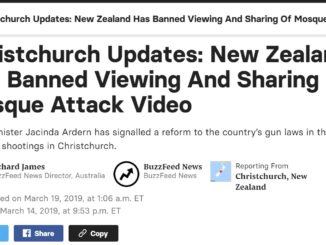


Be the first to comment